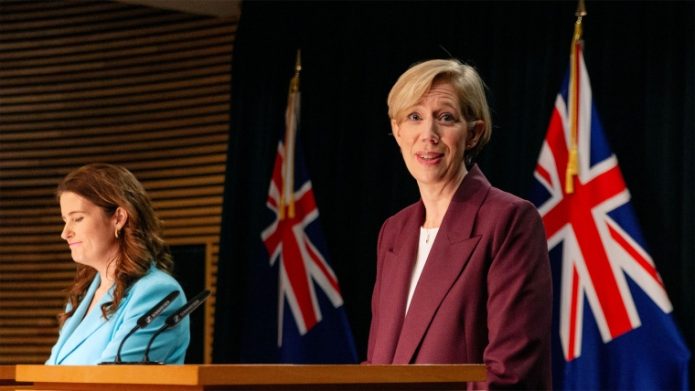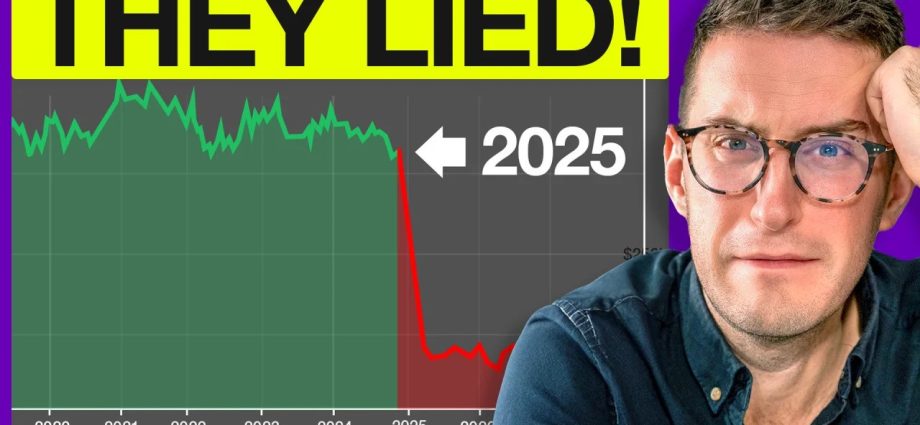PHOTO: Opes Partners
When economists make bold predictions, they often grab headlines. But how often are they right? According to a recent video by Opes Partners, 99% of property forecasts miss the mark. This article explores why these predictions frequently fail and what investors can focus on instead.
📉 The Problem with Property Forecasts
Economic forecasts about inflation, growth, and unemployment made by top economists at major banks shape key decisions for businesses, investors, and the Federal Reserve. These predictions are critical, and when they miss the mark, it can have major consequences—either by being too optimistic or too pessimistic.
Forecasts about inflation, growth, and unemployment by senior economists at big banks drive critical decisions by businesses, investors, and the Federal Reserve. The stakes are high, and sometimes those forecasts turn out to be overly rosy—or too pessimistic. Perhaps a bigger pitfall, according to new Berkeley Haas research that examined the longest-running survey of professional forecasters, is that these predictions tend to be overly precise. Forecasters reported 53% confidence in the accuracy of their forecasts, but were correct only 23% of the time, the researchers found.
🧭 What to Focus on Instead
Rather than relying on broad economic forecasts, investors might consider focusing on microeconomic principles, which analyze individual decision-making processes. This approach offers practical and reliable tools for understanding essential relationships and making informed choices about investments.
Additionally, embracing uncertainty and avoiding overconfidence in predictions can lead to more prudent investment decisions. Recognizing the limitations of forecasts and focusing on time-tested investment principles may provide a more stable foundation for financial planning.
🔑 Key Takeaways
-
Forecasts are often inaccurate: Many economic predictions fail to materialize as expected.
-
Focus on microeconomics: Analyzing individual decision-making processes can offer more reliable investment insights.
-
Embrace uncertainty: Acknowledging the limitations of forecasts can lead to more prudent financial decisions.
By shifting focus from broad economic forecasts to more controllable and reliable indicators, investors can make more informed and resilient decisions in the property market.











